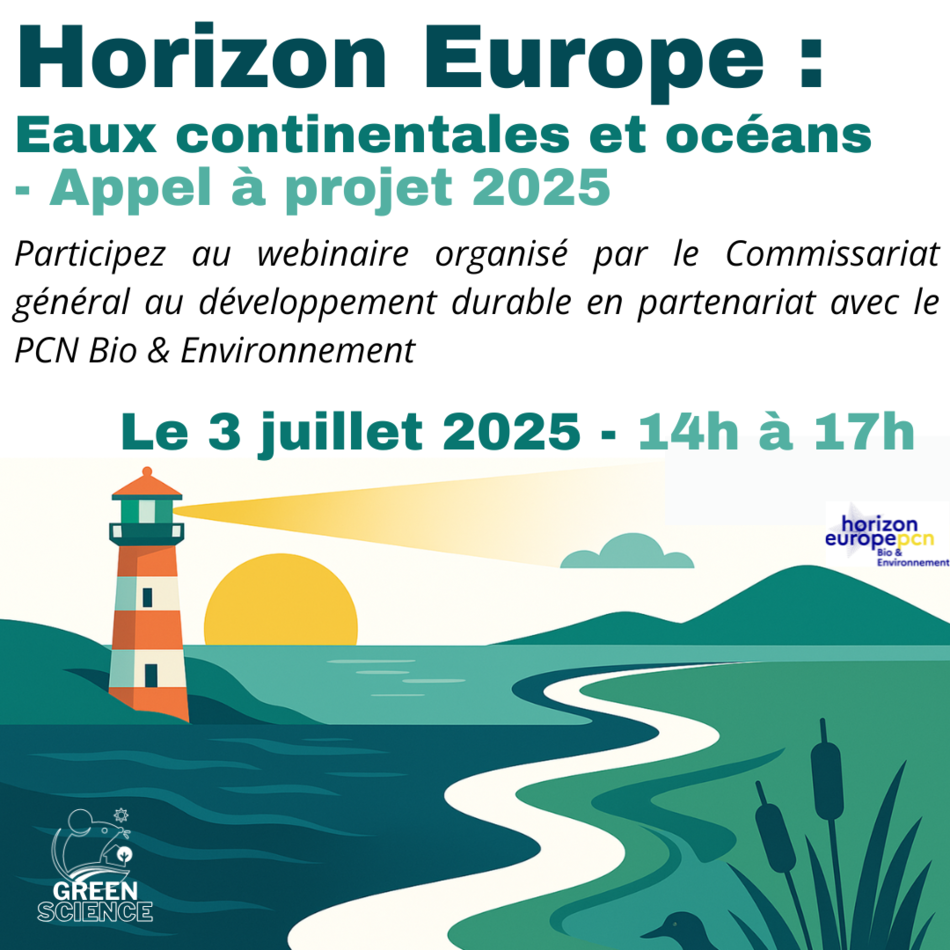Expected Outcome:
Proposals under this topic should aim to deliver results that are directed and tailored towards and contribute to all of the following expected outcomes
- Childhood cancer patients, survivors and their families benefit from enhanced quality of life through better supportive care, personalised counselling approaches, and digital tools that are accessible and affordable. Consequently, they can better achieve their values and personal life goals.
- Health care professionals, supportive workers and councillors enhance the quality of life for childhood cancer patients, survivors and their families.
Scope:
Best practices and tools to improve the quality of life for survivors of childhood cancer exist at national, regional and local level. These practices and tools should be scaled up or deployed in regions in at least three different Member States or Associated Countries in order to serve as demonstrators for wider uptake.
Proposals should address all of the following:
- Best practices and validated tools (such as digital tools) related to for example education, sports, employment, medical follow-up including mental and physical health and well-being, or reproductive matters, should be tested and scaled up in regions in at least three different Member States or Associated Countries;
- Address hurdles, factors and situations that impede implementation of good practices and tools in real-life settings with the intention to make the life of childhood cancer survivors easier and better. Effectiveness and general applicability should be assessed and evaluated to provide enhanced real solutions in practice;
- Attention should be paid to social and health determinants, including sex, gender, age and other relevant variables, such as socio-economic status, living in rural or remote areas and education;
- Several best practices and tools should be chosen and scaled up together with childhood cancer survivors and their families. The use of participative research models, such as oncology-centred living labs[1] or other approaches to deliver (social) innovation should be considered.
This topic requires the effective contribution of SSH disciplines and the involvement of SSH experts, institutions as well as the inclusion of relevant SSH expertise, in order to produce meaningful and significant effects enhancing the societal impact of the related research activities.
The successful proposal is expected to liaise with and build on resources made available by the Knowledge Centre on Cancer (KCC)[2] in order to foster EU alignment and coordination.
Successful applicants should closely monitor and take into account the outcomes of the project supported under topic HORIZON-MISS-2021-CANCER-02-02, (Develop and validate a set of quality of life and patient preference measures for cancer patients and survivors[3]).
The Commission will facilitate Mission-specific coordination through future actions. Hence, successful applicants will be asked to join the ‘Quality of life’ cluster for the Mission on Cancer together with the aforementioned project[4]. In this regard, the Commission will take on the role of facilitator, including with relevant initiatives and stakeholders, if appropriate.
Therefore, proposals should include a budget for networking, attendance at meetings, and potential joint activities without the prerequisite to give details of these at this stage. Examples of these activities are the organisation of joint workshops, the exchange of knowledge, the establishment best practices, or the initiation of joint communication activities with projects funded under other clusters and pillars of Horizon Europe, or other EU programmes, as appropriate.
The details of joint activities will be defined during the grant agreement preparation phase and during the life of the project.
[1] https://enoll.org/
[2] Hosted by the European Commission's Joint Research Centre (JRC). Especially through the ’European Guidelines and Quality Assurance Schemes for Breast, Colorectal and Cervical Cancer Screening and Diagnosis‘, and the ’European Cancer Information System (ECIS)’ and the ’European Cancer Inequalities Registry (ECIR), see https://knowledge4policy.ec.europa.eu/cancer_en
[3] https://ec.europa.eu/info/funding-tenders/opportunities/portal/screen/opportunities/topic-details/horizon-miss-2021-cancer-02-02
[4] In order to address the objectives of the Mission on Cancer, participants will collaborate in project clusters to leverage EU-funding, increase networking across sectors and disciplines, and establish a portfolio of Cancer Mission R&I and policy actions.





